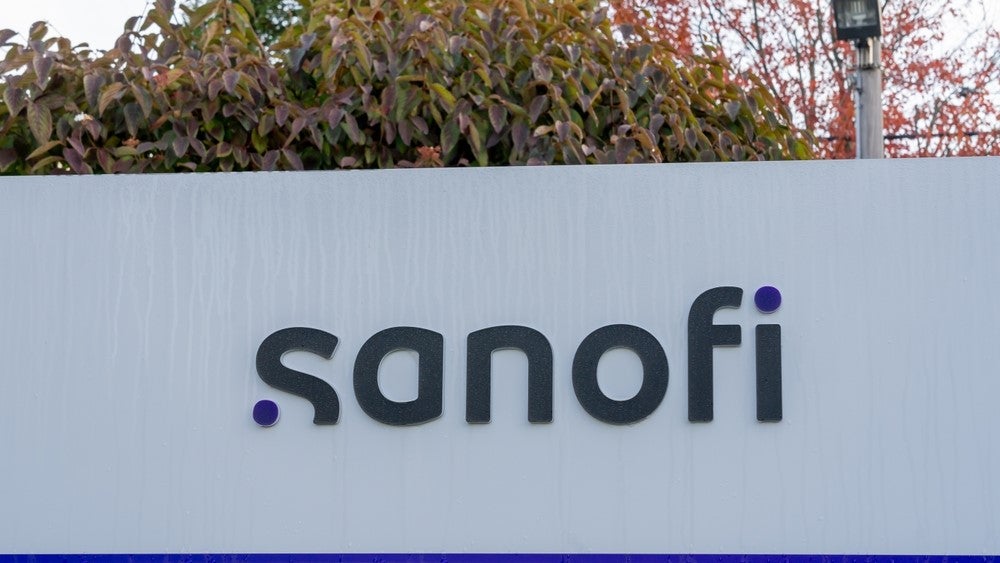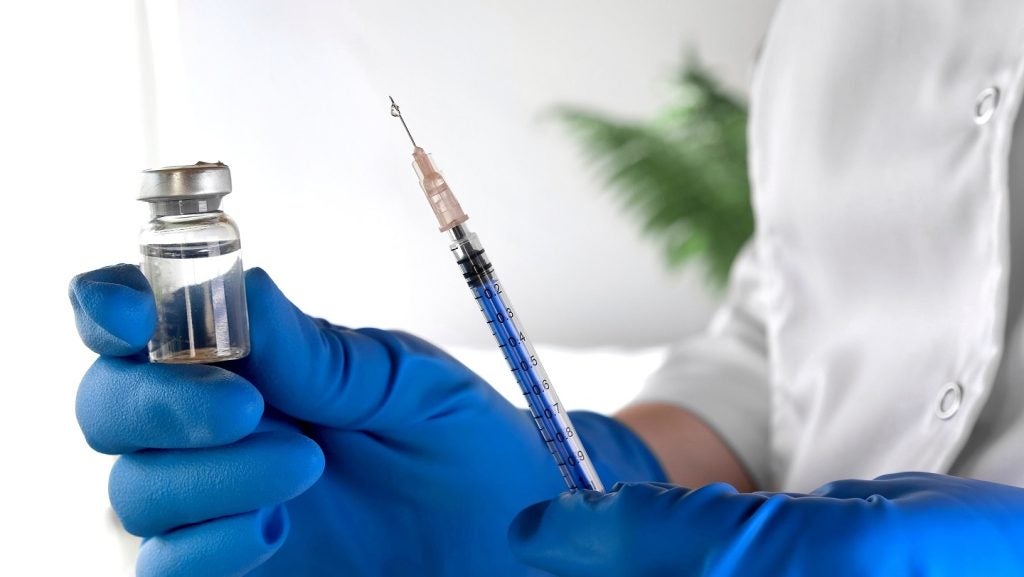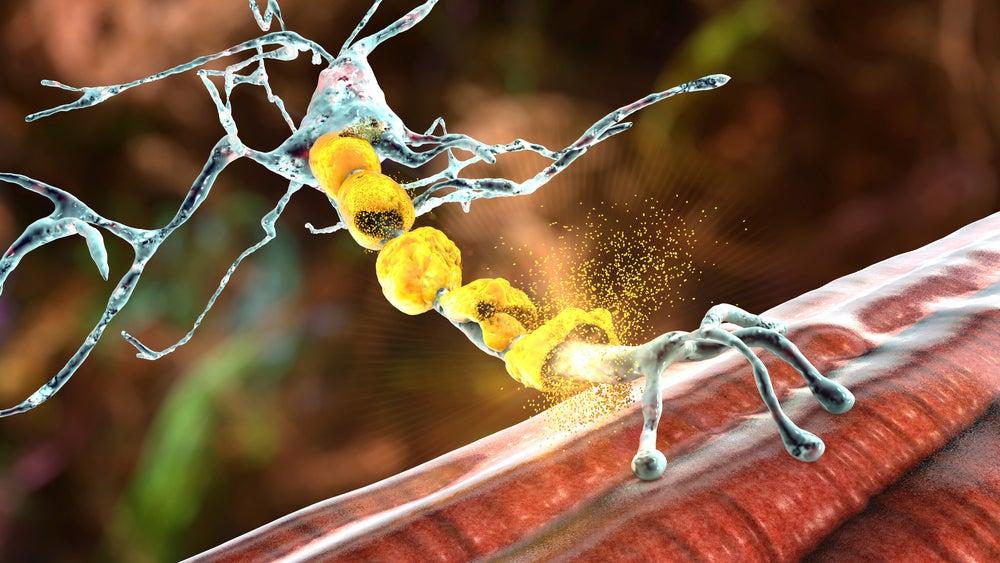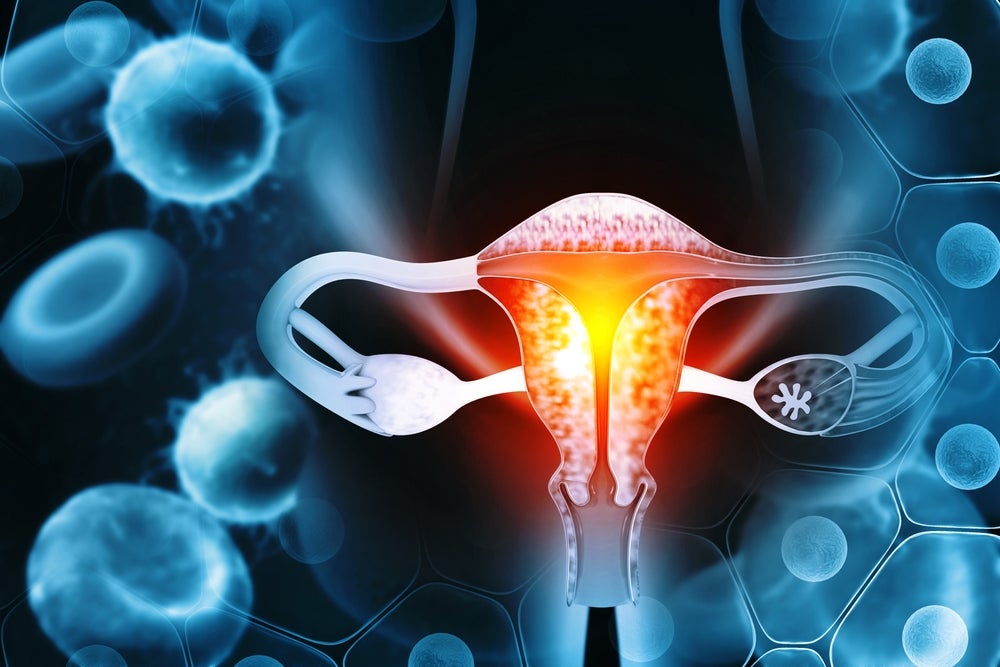
Iacoppo Olivotto, head of the cardiomyopathy unit and associate professor of cardiovascular medicine at Careggi University Hospital in Florence, Italy, discussed the importance of myosin inhibitors at the 2023 European Society of Cardiology Conference.
Olivotto focused on Bristol Myers Squibb’s (BMS’s) Camzyos (mavacamten) and Cytokinetics’s aficamten to highlight the progress made in myosin inhibition for managing cardiomyopathies. According to GlobalData estimates, Camzyos and aficamten are set to generate $1.59bn and $1.37bn by 2031, respectively. Camzyos first received FDA approval in April 2022, followed by European Commission approval in June 2023. Aficamten is still in Phase III of clinical development.
Camzyos is the first myosin inhibitor that targets the underlying pathophysiology of hypertrophic cardiomyopathy (HCM), focusing on the sarcomere. According to Olivotto, HCM is a disease of excessive contraction. Approximately 50% of cases are associated with sarcomere gene mutation.
Patients with HCM have a hyper-representation of high energy consumption. As such, when these patients are given a myosin inhibitor, their heart contractions are slowed, reducing the statistical probability that the myosin is in an active state. Olivotto noted that Camzyos received a class IIa recommendation, the first instance in which an HCM drug has received that level of recommendation. Class IIa states that the weight of evidence is in favour of usefulness and efficacy. Long-term trial data demonstrates that Camzyos’s effect is sustained, with a marked gradient reduction still noted three years later.
How well do you really know your competitors?
Access the most comprehensive Company Profiles on the market, powered by GlobalData. Save hours of research. Gain competitive edge.

Thank you!
Your download email will arrive shortly
Not ready to buy yet? Download a free sample
We are confident about the unique quality of our Company Profiles. However, we want you to make the most beneficial decision for your business, so we offer a free sample that you can download by submitting the below form
By GlobalDataAficamten’s results are anticipated in early 2024. GlobalData projects aficamten to launch in 2025 in the US, followed by a 2026 launch in the EU and a 2027 launch in Japan. Aficamten’s clinical profile is similar to that of Camzyos’ and its second-to-market entry could prove disadvantageous. However, Olivotto shared that Cytokinetics’s pipeline candidate has a faster half-life than Camzyos and less drug-drug interaction, which gives it a clinical competitive edge over BMS’s Camzyos.
See Also:
Olivotto continued to state that many targets have yet to be fulfilled by both myosin inhibitors, namely significant long-term safety and a strong safety profile for all patients despite ethnic background. When interviewed for GlobalData’s Cardiomyopathies: Global Drug Forecast and Market Analysis to 2031 report, Olivotto shared his positive impressions of Camzyos, saying: “I’ve seen other drugs that didn’t work, so I’m not usually optimistic in this disease [HCM], but this [Camzyos] really made a lot of difference to the patients and was extremely well received. We’re hoping to start using it as soon as it’s approved by the EMA.”
When considering the future of the field, Olivotto posed the question of whether Camzyos and aficamten could be used to prevent HCM in gene carriers. While the myosin inhibitors’ preventative, rather than curative, properties are unclear, this could be an intriguing area of future study in the cardiomyopathies field.







